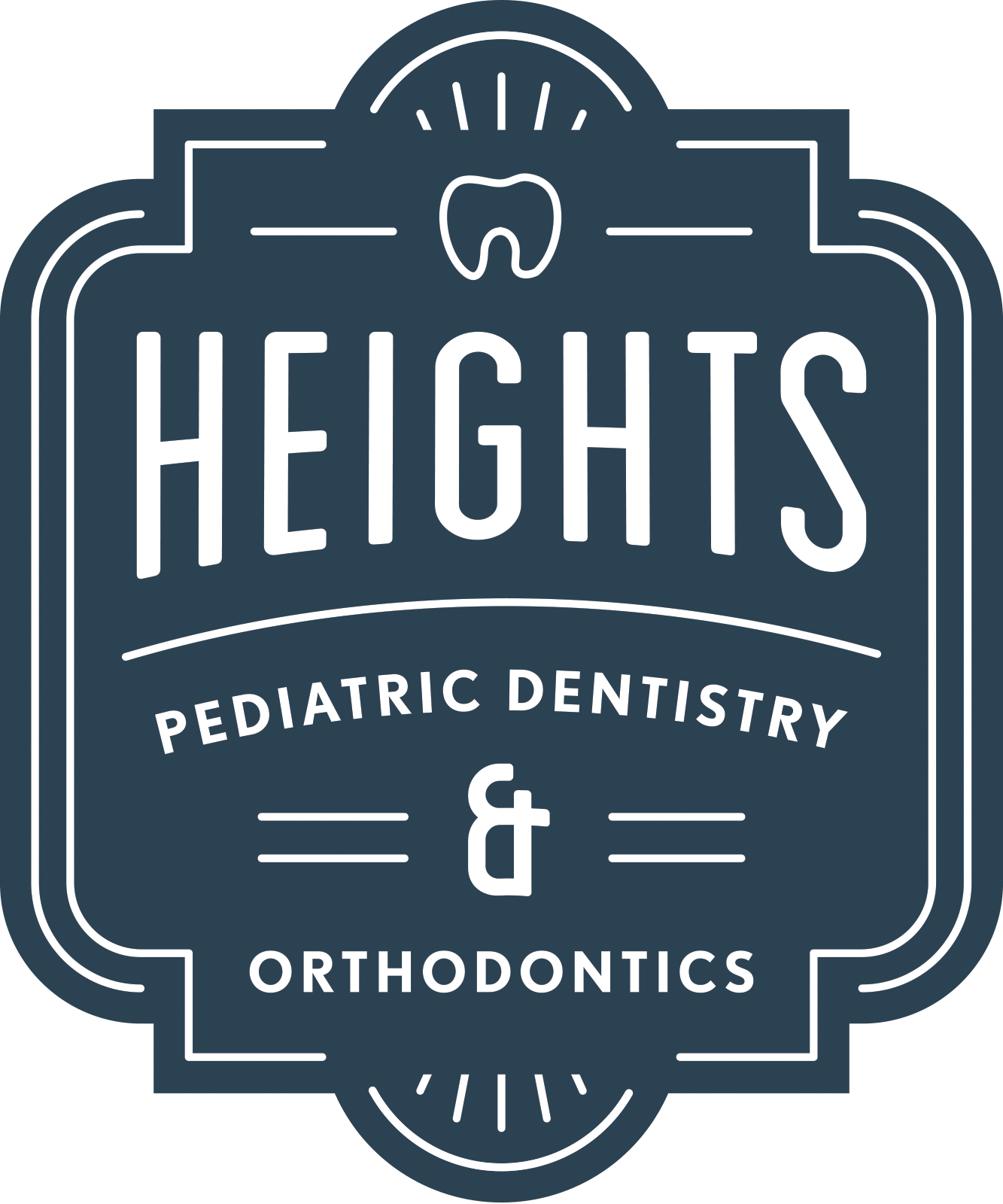IS CHEWING GUM GOOD FOR MY TEETH?
/To start with, chewing gum is never a substitute for good oral care. Brushing twice a day for two minutes and flossing nightly are the keys to healthy smiles! Chewing certain types of gum during the day can help maintain proper oral health, but only in combination with regular good habits.
Gum bought at stores comes in two categories, CANDY GUM that is sweetened with sugars and can be more harmful than candy as it stays in the mouth for a long time AND SUGAR-FREE gum sweetened by non-cavity-forming sweeteners. Watch out for gum given out at baseball parks and in concession stands as it often is filled with sugar. However, true SUGARFREE gum can stimulate salivary glands to produce more saliva, which is a protective substance for teeth, without the sugar deposit. It also helps with mechanical removal of small food particles and cleansing teeth after meals. Chewing sugar-free gum for 20 minutes after meals has been reported to have multiple benefits for dental health. There are even certain kinds of medicated gum that are recommended for patients with low salivary flow (xerostomia) to stimulate the glands to produce more helpful saliva. Other types have substantial concentration of xylitol, which helps prevent cavities in patients at high-risk for dental decay.
Is there anything I should be careful about while chewing gum?
Several considerations are important prior to developing a gum chewing habit. First, you need to make sure that gum you chose is truly SUGAR-FREE. Most brands sold at grocery stores are in that category and have the ADA seal of approval. Second, be careful chewing gum while in any orthodontic appliances such as braces, expanders, or retainers. Gum can damage them and cause unwanted dental visits and expense. Gum can get stuck to the brackets and pull them off. It can also get stuck in hard-toreach places between wires, brackets and teeth and trap plaque and food. Most orthodontists advise to stay away from gum while in active orthodontic treatment. Third, limit gum chewing if you experience any TMJ pain or discomfort. The repetitive action of chewing works this joint and surrounding muscles constantly and can aggravate the inflammation making it more difficult to open and close your mouth. Sometimes jaw clicking, popping, or even locking can be a result of too much strain on the temporomandibular joint. At times, gum chewing has been linked to chronic migraines, another common symptom of TMJ disorder.
Choose your gum carefully, take care of your braces, don’t aggravate temporomandibular joints, and brush and floss! If you have any questions, call our office for more information.
Dr. Lindhorst, Dr. Darsey, Dr. Foss and the Heights Pediatric Dentistry and Orthodontics Team
